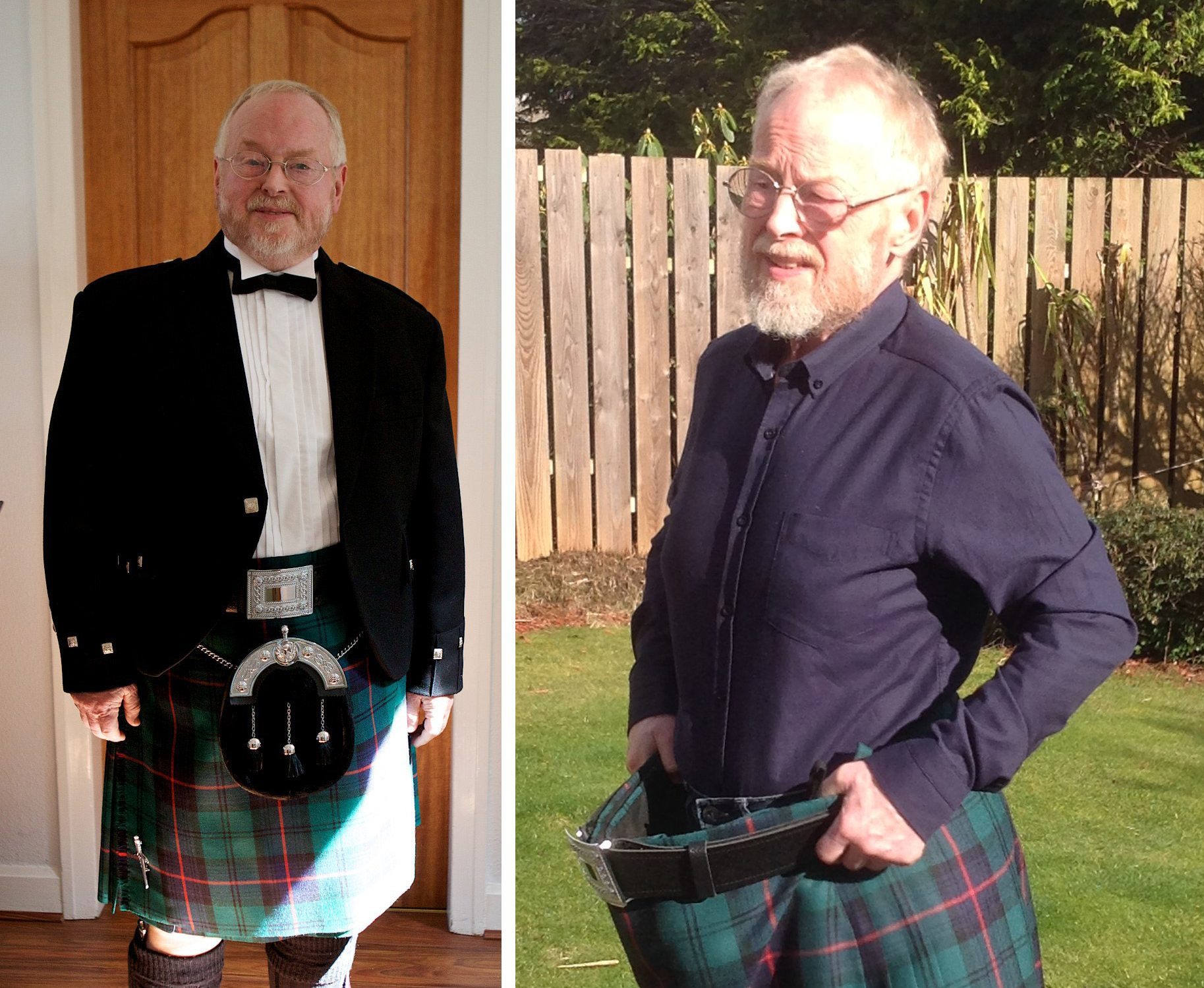
WEIGHT loss programmes for type 2 diabetes may be more effective than drugs for some patients, a new study suggests.
Patients who take part in inexpensive lifestyle programmes are less likely to need stronger medication and are more likely to have better blood sugar levels, a new study found.
Researchers from the University of Glasgow tracked 1,500 type 2 diabetes patients who attended such programmes and compared them to patients who did not.
They found that people who completed the 16-week course saw no increase in their oral diabetes medication, and were half as likely to progress to need to take insulin.
Patients who completed the Clyde Glasgow and Clyde weight management service lifestyle programme were likely to weigh an average of 8kg less three years later, patients who did not were an average 1kg lighter.
The study, published in Diabetes Obesity and Metabolism, also found that patients who successfully lost 5kg had a significant reduction in their blood sugar levels, even three years after completing the programme.
“A real-life structured weight management intervention in patients with diabetes can reduce weight in the medium term, result in improved glycaemic control with fewer medications, and may be more effective than pharmacological alternatives,” the authors wrote.
Dr Jennifer Logue, lead author of the study from the University of Glasgow, said: “This is the first real-world study to show that the lifestyle weight management programmes that we deliver in the NHS can have a long-lasting meaningful clinical effect on type 2 diabetes.
“Our hope is that this study will convince patients, clinicians and NHS managers that these inexpensive programmes can make a clinically significant difference to patients with type 2 diabetes.”
One type 2 diabetes patient, Ian Armstrong, 71, from Eaglesham, East Renfrewshire, started the programme in 2014 when he weighed 107kg.
Mr Armstrong lost 17.9kg during the 16-week lifestyle programme and was able to stop his insulin completely.
He stayed in the programme for monthly sessions until August 2016, having lost 33kg by the time of discharge; he was then able to stop all of his diabetes medications.
Mr Armstrong, who now weighs 65kg, said: “Contact with the Glasgow and Clyde Weight Management Service has given me the best help I’ve ever had in terms of information and strategies to help me have a longer and healthier life.
“A true feelgood life-saving experience.”

Enjoy the convenience of having The Sunday Post delivered as a digital ePaper straight to your smartphone, tablet or computer.
Subscribe for only £5.49 a month and enjoy all the benefits of the printed paper as a digital replica.
Subscribe